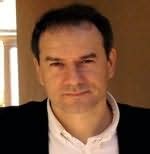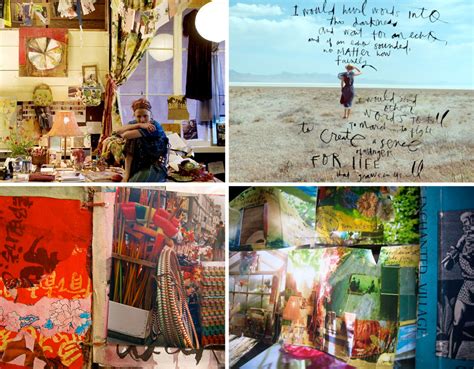A Quote by Philip Pullman
What I couldn't help noticing was that I learned more about the novel in a morning by trying to write a page of one than I'd learned in seven years or so of trying to write criticism
Related Quotes
There's no really other way to learn writing than by writing. So accelerate that as much as you can. The more you write, the better you'll get. What also helps, though, is walking away from broken stuff. Not everything's going to work. Killing two years of your life trying to resuscitate a dying novel, I don't know. Why not just write a different one? You'll have more ideas. You can't help having ideas.
I think I learned more about writing scores for Broadway by making mix tapes in the '90s than I did in college. You're learning about rise and fall and energy and tempo shifts. You're showing off your taste and your references. You're trying to be witty by - through placement of music you didn't write.
I always write a draft version of the novel in which I try to develop, not the story, not the plot, but the possibilities of the plot. I write without thinking much, trying to overcome all kinds of self-criticism, without stopping, without giving any consideration to the style or structure of the novel, only putting down on paper everything that can be used as raw material, very crude material for later development in the story.
I always think about the books I'm doing in pretty much the same way. I'm simply trying to write that particular novel as well as that particular novel can be written. I want to listen to what it is telling me, trying to figure out what it wants to do as much as what I want to do with it. There's a negotiation that's constant and ongoing between me and the material I'm working with, because I'm trying to listen to it.




































